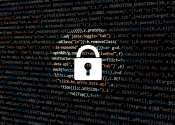Sonic cyber attack shows security holes in ubiquitous sensors
Sound waves could be used to hack into critical sensors in a broad array of technologies including smartphones, automobiles, medical devices and the Internet of Things, University of Michigan research shows.
Mar 14, 2017
1
55









